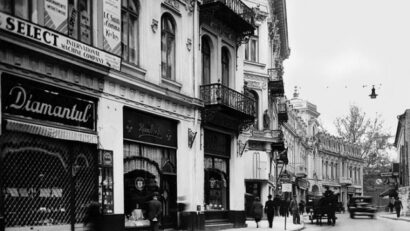
Starting mid 19th century, Bucharest has gone through several stages of urban development.

On March 27th 1918, the Country Council, the legislative body of the Moldovan Republic or of Bessarabia as it is also known, that had been annexed by tsarist Russia in 1812, voted in favour of its union with Romania.

Initially, the movement emerged in 1972 in the form of a literary circle, made up of nine members, at a high-school in Sannicolau Mare, against the...

The only “samizdat circulating in Romania that went beyond its borders was “Ellenpontok, or “Counterpoints
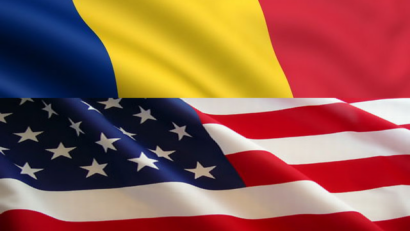
Click here for a look at the Romanian-American relations after 1945

The Greek-Catholic Church or the Romanian Church United with Rome was established around 1700 in Transylvania, Banat, Crisana and Maramures, territories in the Hapsburg Empire inhabited by ethnic Romanians.
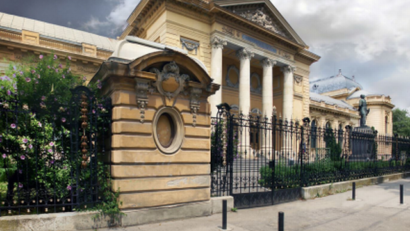
In the second half of the 19th century, Romanian physicians who had studied abroad, in Western Europe, founded medical treatment and education institutes to fight against disease and instruct doctors.

In Romania, the effects of Khrushchevs de-Stalinization rhetoric were contradictory

Some of the most popular jokes during the Communist regime were the ones featuring the fictional radio station Radio Yerevan

Eva Heyman, nicknamed Transylvanias Anne Frank, or the Anne Frank of Oradea, was one of the 1.5 million Jewish children to die in the Holocaust. She...

The paratrooper forces are a relatively new army in military history, being closely linked to the development of aviation
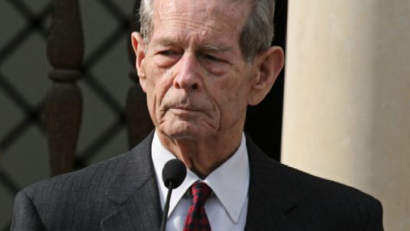
On December 30, 1947, King Michael I was forced to abdicate by the communist government and to go into exile. A new form of government in the history of Romania was installed, a republic, but an illegitimate one, in terms of being imposed

Since its creation in 1928, Radio Romania has not missed any of the important events in Romanian history
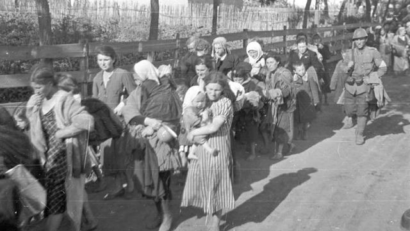
In the 1930s, racism was one of the vilest forms of discrimination and persecution applied by states

Earlier that year, Romania had been occupied by the Central Powers’ armies and its image was tainted by the separate peace treaty it concluded in...
